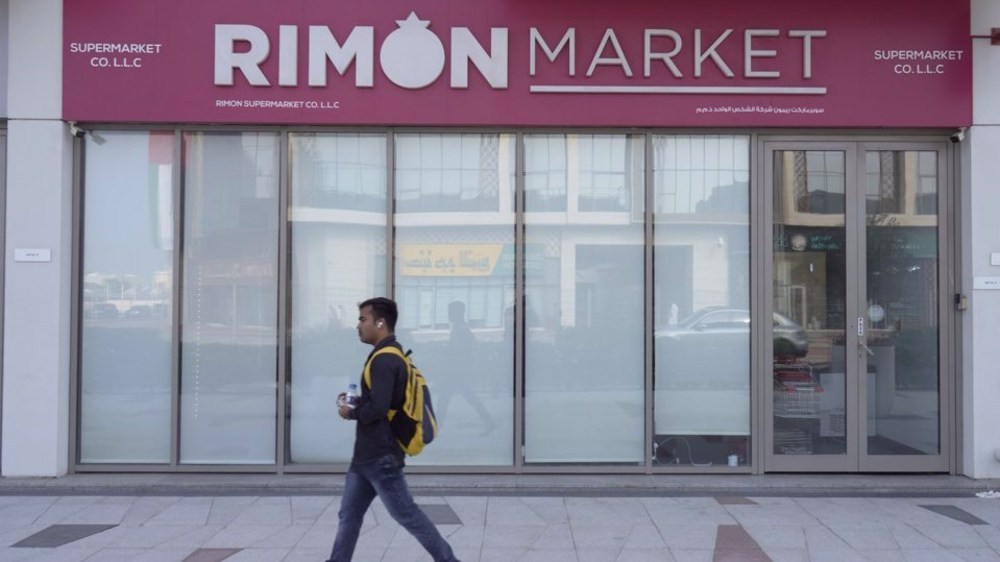UAE in dire need of Qatar gas to keep Dubai lit up: Report
The United Arab Emirates depends on imported gas to generate half of its electricity, and the recent diplomatic row with neighboring Qatar risks glittering skyscrapers in the sheikhdom’s largest and most populous city of Dubai to go dark for lack of power.
Qatar reportedly pumps about 2 billion cubic feet of natural gas per day through a 364-kilometer (226-mile) undersea pipeline to the UAE and Oman. The fuel is processed gas from Qatar’s North Field and transported to the Taweelah terminal in the Emirati capital city of Abu Dhabi, English-language Bloomberg television news network reported.
Abu Dhabi-based Dolphin Energy Ltd., which operates the gas pipeline, is a joint venture between Mubadala Investment Co., which holds a 51-percent share, plus Occidental Petroleum Corp. and Total SA that possess a 24.5-percent stake each.
Despite the rupture of diplomatic relations between Abu Dhabi and Doha, Qatar continues to send natural gas to both the UAE and Oman through the pipeline, and there are indication that the supplies will be cut.
This is while Abu Dhabi Petroleum Ports Authority on Wednesday night imposed a ban on international tankers and Qatar-flagged ships traveling to and from Qatar, preventing them from calling at ports in the UAE.
Earlier in the day, Emirati port authorities had eased the restrictions.
Saudi Arabia, the UAE, Egypt and Bahrain all cut off diplomatic contact with Qatar on Monday morning, after officially accusing it of “sponsoring terrorism.”
The administration of Saudi-backed and resigned Yemeni president Abd Rabbuh Mansur Hadi, Libya, the Maldives, Djibouti, Senegal and the Comoros later joined the camp in ending diplomatic ties. Jordan downgraded its diplomatic ties as well.

Qatar's Foreign Ministry, in a statement published on Monday, announced that the decisions by Saudi Arabia, the United Arab Emirates, Bahrain and Egypt to cut diplomatic ties were unjustified and based on false claims and assumptions.
"Qatar has been the target of a systematic incitement campaign that promoted outright lies, which indicates that there was a prior intent to harm the state," the statement said.
On Friday, Qatar strongly dismissed allegations of supporting terrorism after the Saudi regime and its allies blacklisted dozens of individuals and entities purportedly associated with Doha in yet another attempt to pressure the energy-rich Persian Gulf state.
“The recent joint statement issued by the Kingdom of Saudi Arabia, Bahrain, Egypt and the UAE regarding a ‘terror finance watch list’ once again reinforces baseless allegations that hold no foundation in fact,” the Qatari government said in a statement.
Iran warns against US-Israeli plot to weaken Muslims, dominate region
VIDEO | Public uproar in US against Israeli regime
‘Ghost town’: 70% of Jabalia buildings destroyed by Israel
Mother’s Day: Sareh Javanmardi’s inspiring journey as Paralympic champion and mother
Russia downs over 40 Ukrainian drones as Putin vows 'destruction' on Kiev
VIDEO | Yemen: A bone in Israeli neck
D-8’s role in Iran’s economy after Cairo summit
China slams US as ‘war-addicted’ threat to global security

















 This makes it easy to access the Press TV website
This makes it easy to access the Press TV website